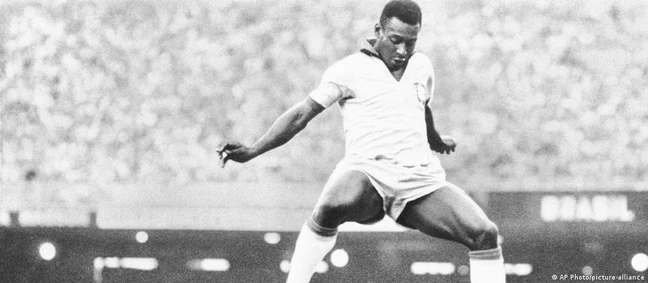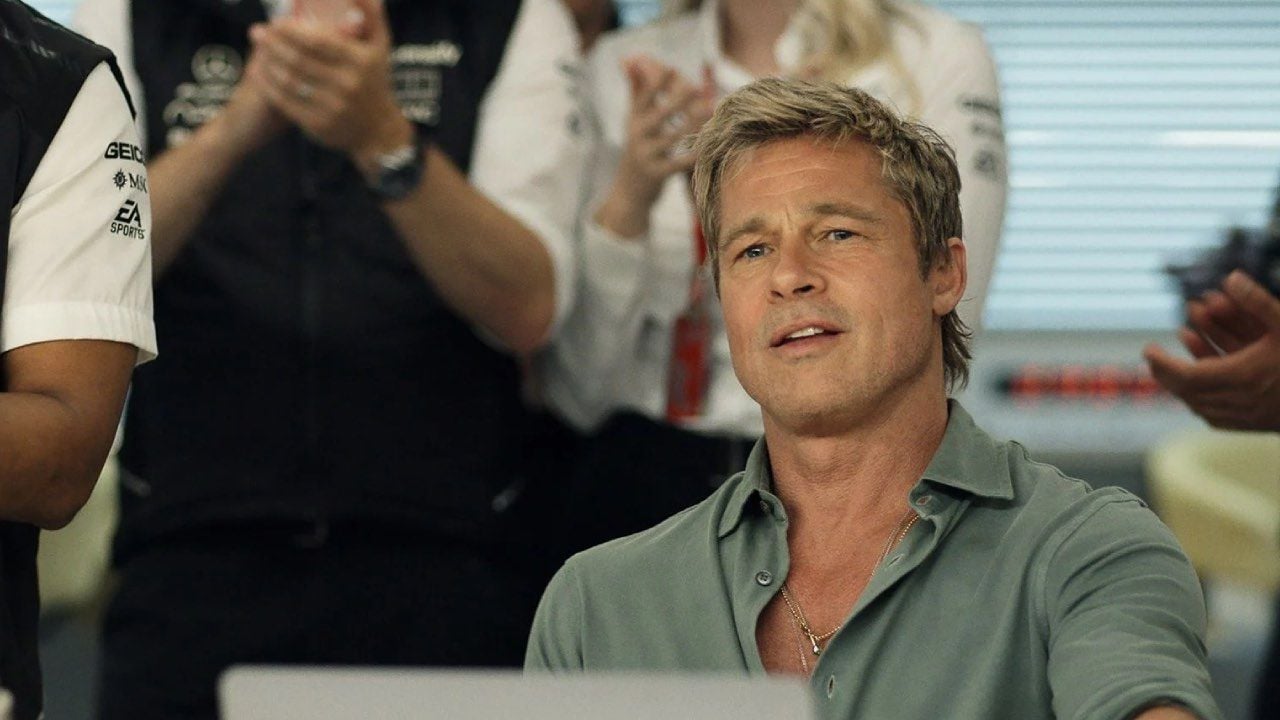A black king: the reactions to the death of the Brazilian star show the dimension of the place he has conquered in life. The criticisms for the political omission are tempered by the recognition of the disruptive legacy in the country marked by slavery. Pelé’s death, this Thursday (29/12), involved the world in a wave of emotion. The sentiment has swept through generations of sports idols, from Franz Beckenbauer to Kylian Mbappé, who have revered the king of football and mourned his loss. Some of the world’s top leaders, such as Barack Obama, Joe Biden and Emmanuel Macron, also paid tribute to the Brazilian star.

In Brazil, Pelé’s greatness was remembered by colleagues from the three-times world champion team in 1970 and by active athletes, such as Vinicius Jr. and Neymar. The current owner of the Brazilian number 10 praised the relevance that the number has acquired thanks to its association with the idol’s talent.
Politically, Bolsonaro and Lula praised his contribution to sport and the country’s international image, respectively. The current president has declared three days of official mourning.
The repercussions of Pelé’s farewell seem to have definitively solidified his image as the greatest player of all time. This was the treatment given by much of the international press, albeit more timidly in Argentina. The triumph of Messi’s selection in Qatar has sparked debates on the hypothesis that the contemporary star had surpassed the Brazilian, in an era of greater competitiveness in football.
The difficulty of establishing comparisons between athletes of such different eras is exacerbated by the long time that has passed since Pelé’s retirement 45 years ago. Over the course of his career, the technical level of game broadcasting and recording has evolved considerably, but the availability of footage from that period is very limited. Some of his anthological goals are known only through the accounts of those who witnessed them.
An important witness of Pelé’s career is the 87-year-old journalist João Máximo, who started working in the sports press in the early 60s among players. But he melts when he talks about Pelé’s qualities on the pitch.
“Pele had all the virtues a striker should have. His position in front of goal was so fatal, so inevitable, that when it didn’t happen, it became a great moment in his career. He became famous not only for the goals he scored , scored, but for the goals he didn’t score either”, he comments.
Máximo recalls that Pelé gave defenders an enormous amount of work to combine speed, physical strength, body balance and time on the ball – the ability to predict where it will land, to get ahead of the opposition. The technical exuberance of the player has projected the power of a country into the world, materialized in the conquest of three World Cups.
“Pelé symbolizes that greatness that Brazil did not have in other areas of its life. It is more than a symbol, it is its reality itself, because Pelé existed. Pelé was not a dream. The perfection that was required of him An entire team Brazilian found herself at Pelé”, she analyzes.
While he has become something of Brazil’s ambassador in terms of sports and culture, the star has not used his influence inside and outside the country to stand up to the injustices plaguing Brazilian society.
His most notable public gesture was a TV appearance during the Diretas Já campaign in 1984, when he declared his support for the movement that called for direct elections and an end to the military dictatorship. After winning the 1970 World Cup, he and the other national team athletes posed for an official photo with dictator Emilio Garrastazu Medici.
“In the places I pass or arrive, at the airport, at the restaurant, when we go to lunch, it’s a funny thing, because the guys mix things up, they come and load me. Come here, I was a footballer, I liked playing, I loved it, but I’m not a politician, I’m Brazilian,” he said in a Netflix documentary released in 2021.
a black king
Even without adopting a combative political stance, Pele’s representativeness left an immeasurable legacy. In a country forged by slavery, a poor black boy’s rise to stardom opened up new horizons of possibilities for his peers.
The jurist Silvio Almeida, appointed by Lula to lead the ministry of human rights, praised the paths opened by the player on Twitter.
“Pele was the first thing that made me love Brazil. Seeing a black Brazilian, like me, undoubtedly be the best at what he did made me believe that, despite everything, there was something to believe in. It was the dream come true . made matter. Thank you, Pele, thank you King!”, published.
Along the same lines, rapper Mano Brown, spokesman for the anti-racist struggle in Brazil, recalled Pele’s image of power in his childhood memories. The artist has always defended the athlete from what he considers an exaggerated accusation for political office.
For historian Ynaê Lopes dos Santos, a columnist for DW and author of the book Racismo Brasileiro: Uma História da Formação do País, Pelé understood that part of his success was conditioned on not taking a more vehement stance in relation to social issues.
“This position he had was very well thought out, of a black man who at least knew how to play the game of racism in Brazil. In that sense and in many respects, he was a winner. He is a black man who has become a symbol of Brazil , a country that has projected itself as white at different times in its history. This is the result of a very sophisticated reading it has made in relation to the functioning of Brazil”, evaluates.
+The best content in your email for free. Choose your favorite Terra newsletter. Click here!
Source: Terra
Camila Luna is a writer at Gossipify, where she covers the latest movies and television series. With a passion for all things entertainment, Camila brings her unique perspective to her writing and offers readers an inside look at the industry. Camila is a graduate from the University of California, Los Angeles (UCLA) with a degree in English and is also a avid movie watcher.





